I’m not really sure why it popped into my head really. I’ve never really spoken much about it to anyone. I guess as my nan is so poorly now I’m a little preoccupied with death – also when you are studying ageing you come across the topic quite a bit..
It was a year after I’d left uni (2005) and there was a bit of a hoo ha about whether I should even be allowed to attend or not. The tutor organising the Poland trip was all for it though so I managed to sneak a place on the small group. I don’t know why I asked to go I just felt that I really had to experience it. Heritage and tourism was something I’d spent a lot of time studying as an undergrad and ‘dark tourism’ was something I was really interested in. I had little knowledge of the time in history at the start as I never took it beyond Tudors and Stuarts when I was at school.
We were there for a week and travelled to various Auschwitz sites across Poland. I wanted to understand these events but also how they could be communicated and represented. How after such a tragedy do you deal with the scars that are left?
Places such as The Killing fields in Cambodia, Ground Zero in New York and other war/disaster sites often attract a high number of visitors…. both those that have some personal connection with the place or family ties as well as those wanting to understand historical events or how they have shaped the identity of people and place. It’s often a complex, contested, and ideological thing – the representation of history.
Many people, who may not have a direct link to the events often see it as weird or morbid – to visit a place such as Auschwitz. A place where unspeakable things happened. For me it serves as an acknowledgement to those who were affected – a way to understand the impact of such events and a reminder of how atrocities can happen if we let them.. it was at times a difficult journey – to be confronted with the images and experiences the sites/museums portrayed, but it was an important one and one that I would never forget. It is also incredibly important for those who do have direct connections to the events.. many families were visiting the site, having made a pilgrimage in memory of loved ones or relatives lost. To make meaning and sense of their identity. The site was flooding at the time of my visit and I found the below note in the grass… I don’t know anything about the person who left it. I wonder who they were and how these events connected us in this really remote way? The other clear memory I had was of the ash. It was still evident, all around Auschwitz II Birkenau even in 2005.
Even though I caused a bit of controversy by attaching myself to the trip.. I still believe that it was the right thing to do, and I am still really grateful that I got the opportunity. People generally think that death is something we shouldn’t really ever contemplate..but thinking more widely however, we can see from other cultures that this is not always the case. For in understanding and embracing the certainty of death we can simultaneously find greater reason to embrace and celebrate life and the living. If you ever have the chance to visit – go. Poland is a fantastic country with a lot to offer for many types of travel.

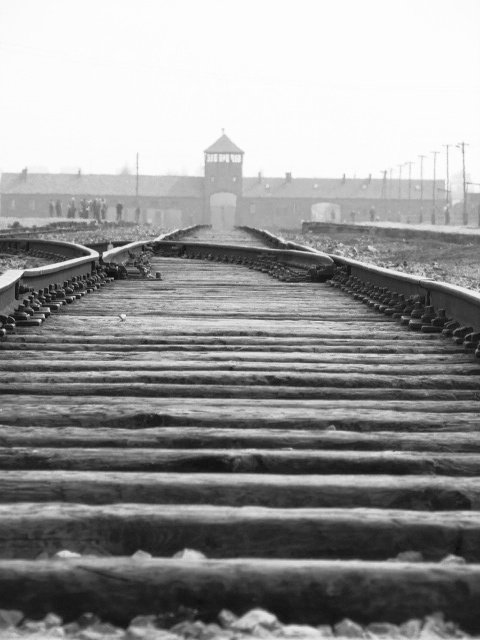
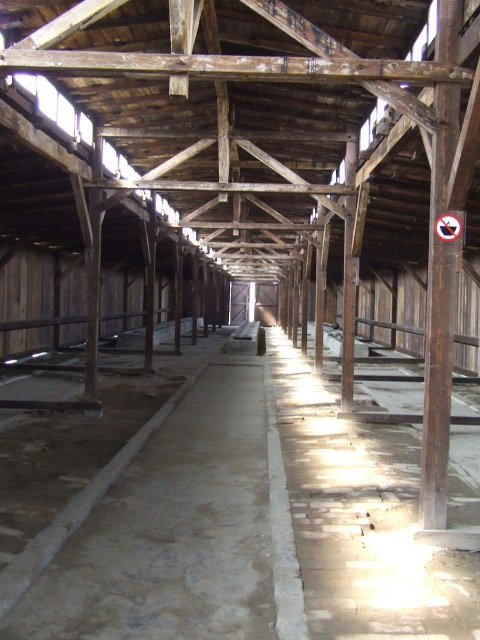
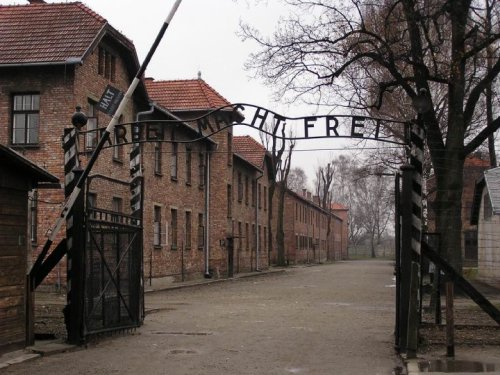
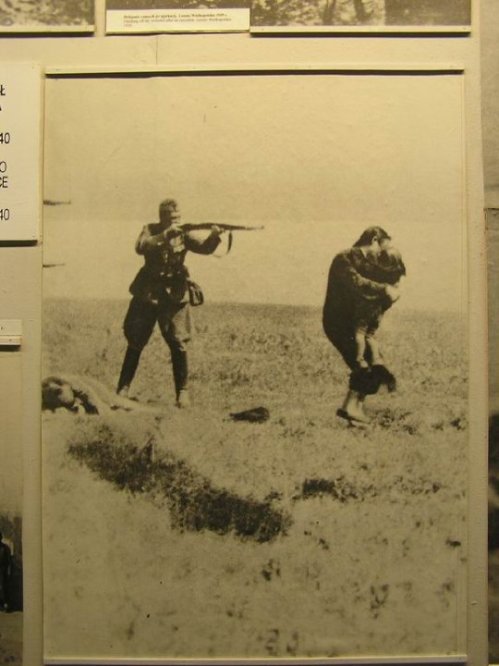
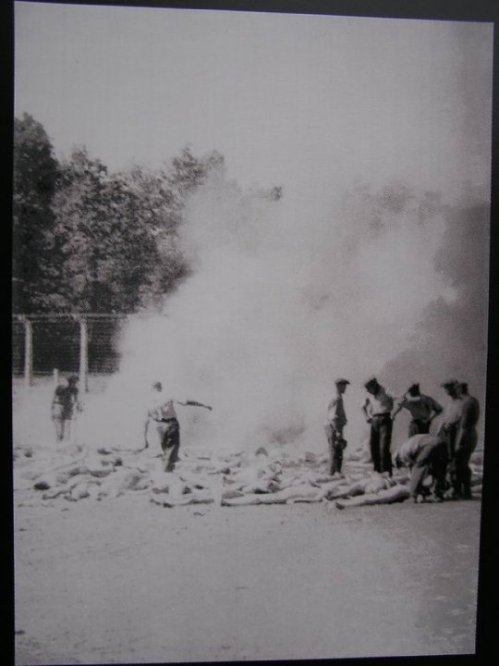
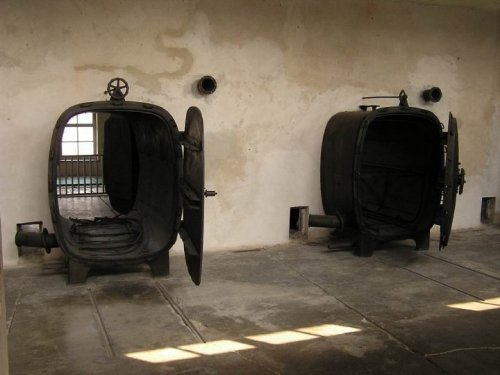
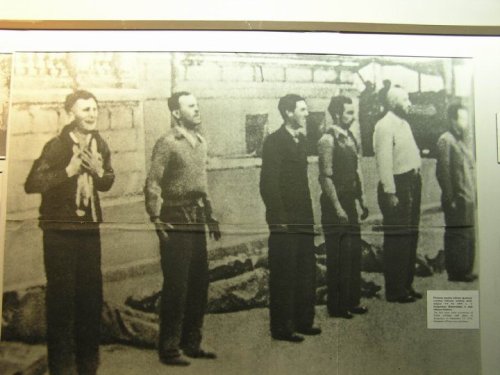
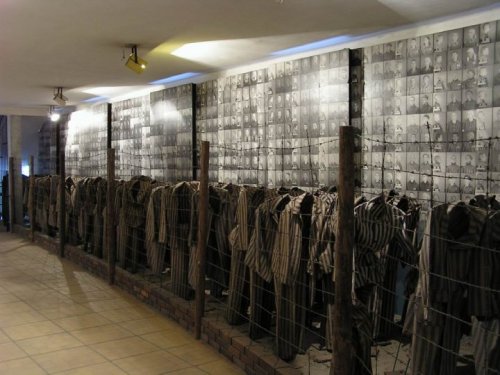
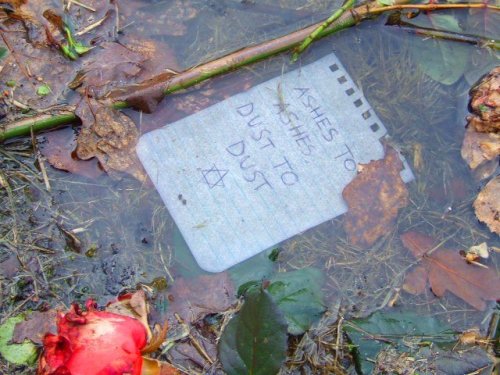
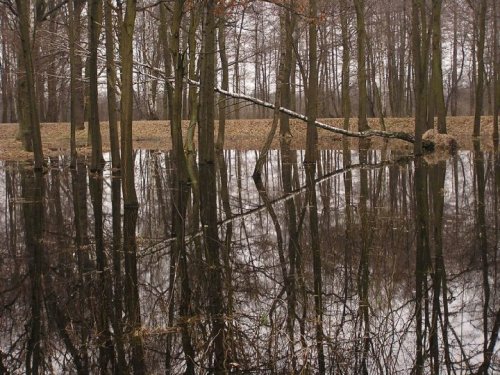
Yes i had same moving experience when we found ourselves standing in a gas chamber together at Birkenhau, Auschwitz, me and my my dear old mum on her birthday too.. Strangely familiar yet macabre and serene all at once… And that instant recognition, de javu thingy when jewish man asked me to take photo of him there too and the old lady with her rosary beads by the beautiful tree outside the main fence.. thank you for being you and writing these things as it makes me feel like im human having real human thoughts and feelings and not like a freak.. xx